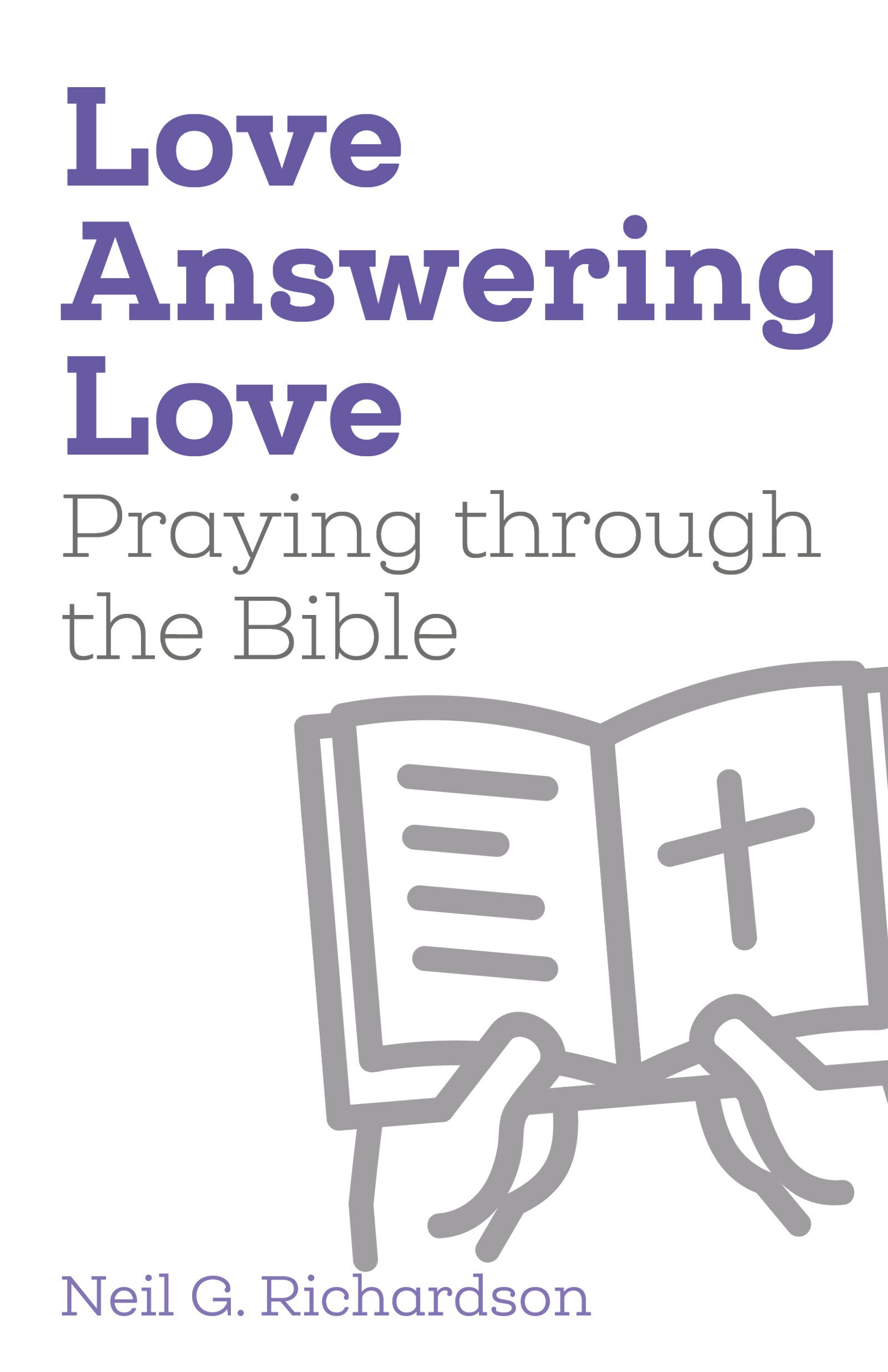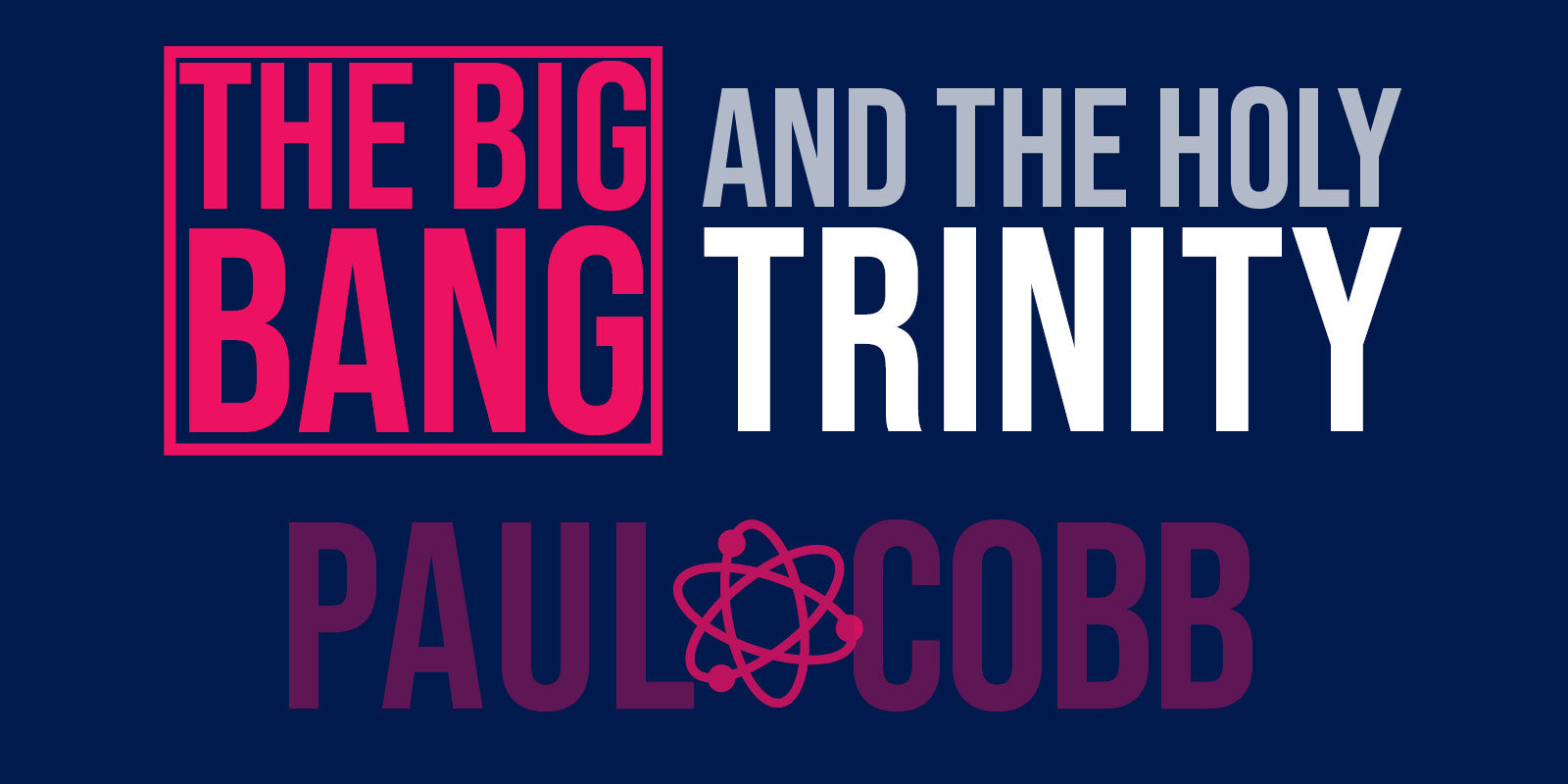GUEST BLOG: Neil Richardson introduces us to his new book Love Answering Love.
Books about the Bible and prayer are often simplistic, or else too detailed and academic. Some don’t seem to engage with contemporary issues and questions at all. As for our use of the Bible, we quote, misquote and generalize (often wildly) about its contents. More realistically, it’s easy to conclude, both about reading the Bible and praying, that we’re not getting anywhere. So we give up on both, and end up splashing about in the shallow end of Christian faith.
My new book, Love Answering Love, starts from the premise of C.S. Lewis’ great friend Charles Williams: ‘Some people believe the Bible; some people don’t; either way, nobody notices what the words are’. The book ends with Evelyn Underhill’s challenge: to fail to pray is a ‘failure to find time for reality’.
Christian tradition recognizes that reading the Bible and praying go together. Each enriches the other. Two down-to-earth chapters begin by exploring why both can be a problem for many Christians - and Christian agnostics.
The remainder of the book – its main contents – surveys the practice and theology of prayer in the Bible, with particular reference to its main ‘practitioners’: God and Jesus on the one hand, and a host of other practitioners ranging from Adam, Abraham and Moses to St Paul and other New Testament writers, not forgetting the writer of Revelation and the iconic Mary, mother of Jesus.
The survey begins (and ends) with a short imaginary prayer or call of God to the human race to discover life and love. It continues by focussing on the frequently conversational character of prayer in the Bible. The Old Testament is peppered with evasions (Adam and Eve), questions and protests (Abraham, Moses, Ananias….), and doubts galore. The Psalmists are especially strong on questions and doubts, but the Psalter as a whole, for all its difficulties, is a treasure trove, and merits a chapter to itself.
‘Jesus and the Lord’s Prayer’ has central place. At the same time, the chapter on petitionary prayer recognizes ‘matters arising’: ‘Ask, and you will receive?’
Thanking and praise have a chapter each. Thanksgiving is at the heart of Christian faith, as the Eucharist indicates, whilst praise implies ‘the enjoyment of God’. Praises in the Bible are also often subversive ‘because the real God works to subvert the world’s oppressive powers, exacting sacrifices from the needy and the poor’.
Intercession also has a chapter to itself: ‘Standing Before God for others’. Yet ‘standing’ isn’t the only iconic word needed here, since Jesus, crucified, risen and ascended is the Bible’s and Christian faith’s supreme intercessor.
There are brief notes on thorny subjects: the Old Testament in relation to the New, and speaking in tongues. At the end of each chapter there are questions both theological and practical, for the individual reader and for church groups working through the book together.
The book might be described as both liberal and evangelical. Yet neither word is adequate on its own, simply because neither word, in contemporary parlance, does justice to the Bible’s extraordinary range and depth. Christians of all traditions will find this book refreshing and even helpful. A brief postscript should assure the reader that it’s rooted in life and reality – where the God to whom we pray is to be found.
Neil Richardson was tutor in New Testament Studies and later Principal of Wesley College Bristol. As British Methodist President in 2003, he co-signed with Archbishop Rowan Williams the Anglican Methodist Covenant for unity. You can get your copy of Love Answering Love here!











